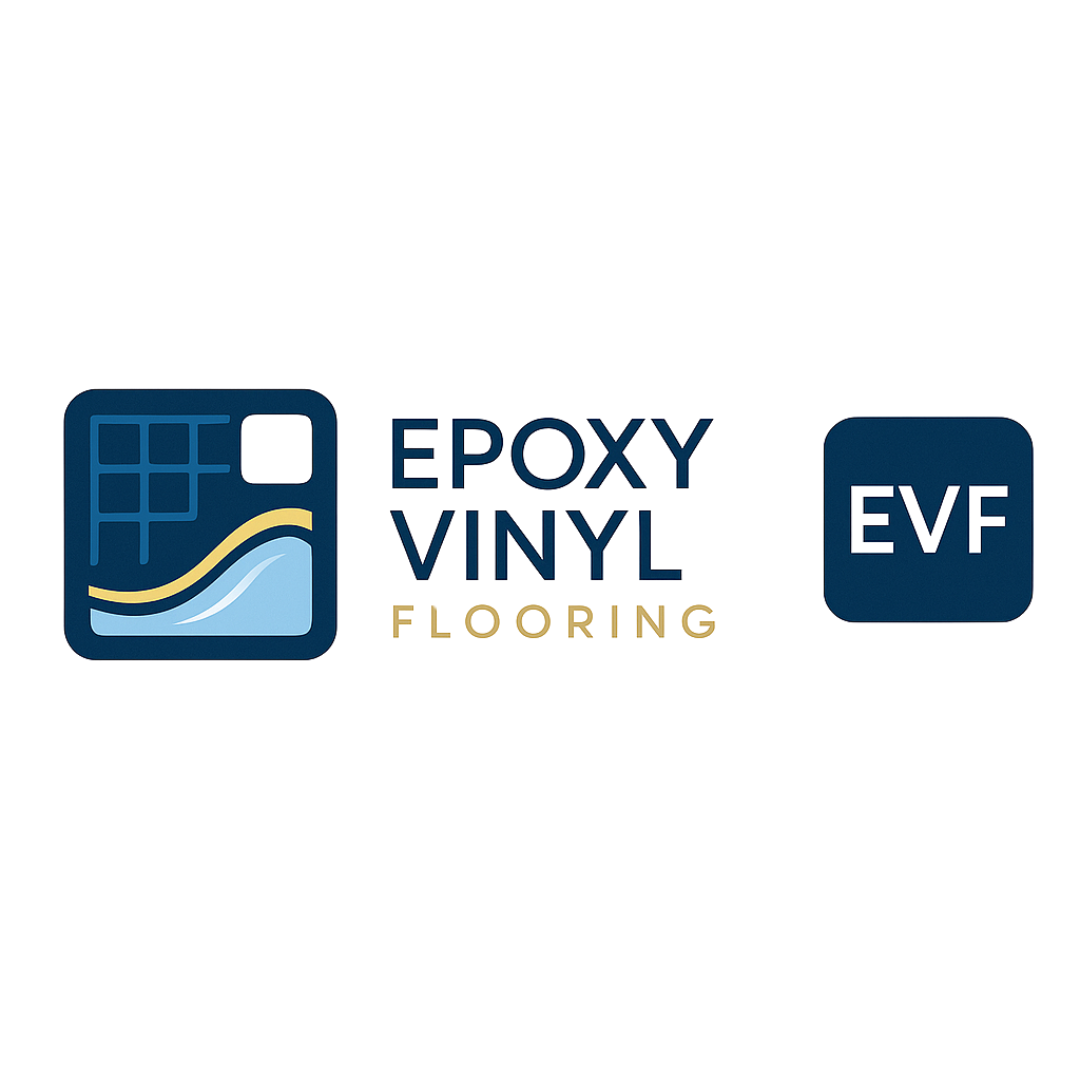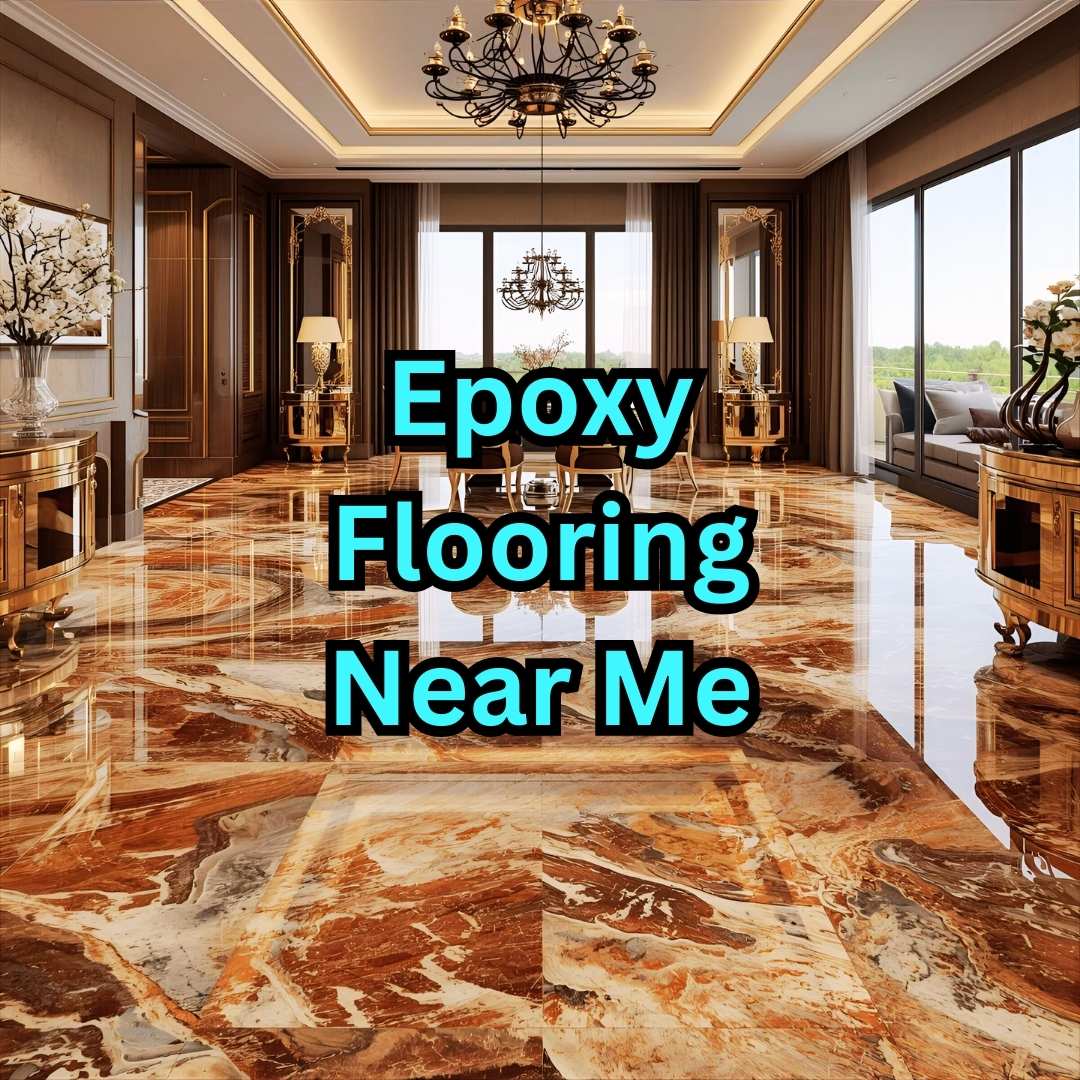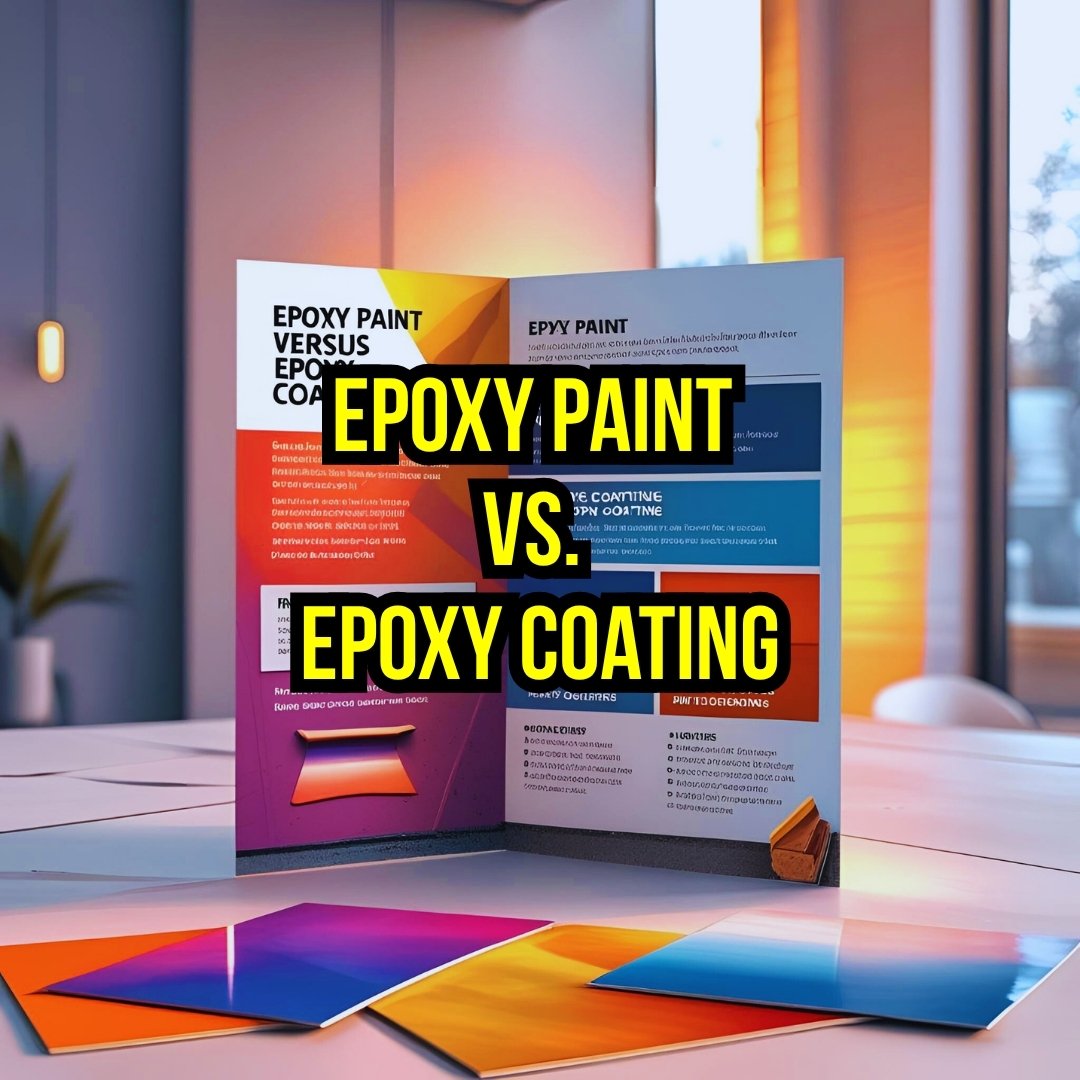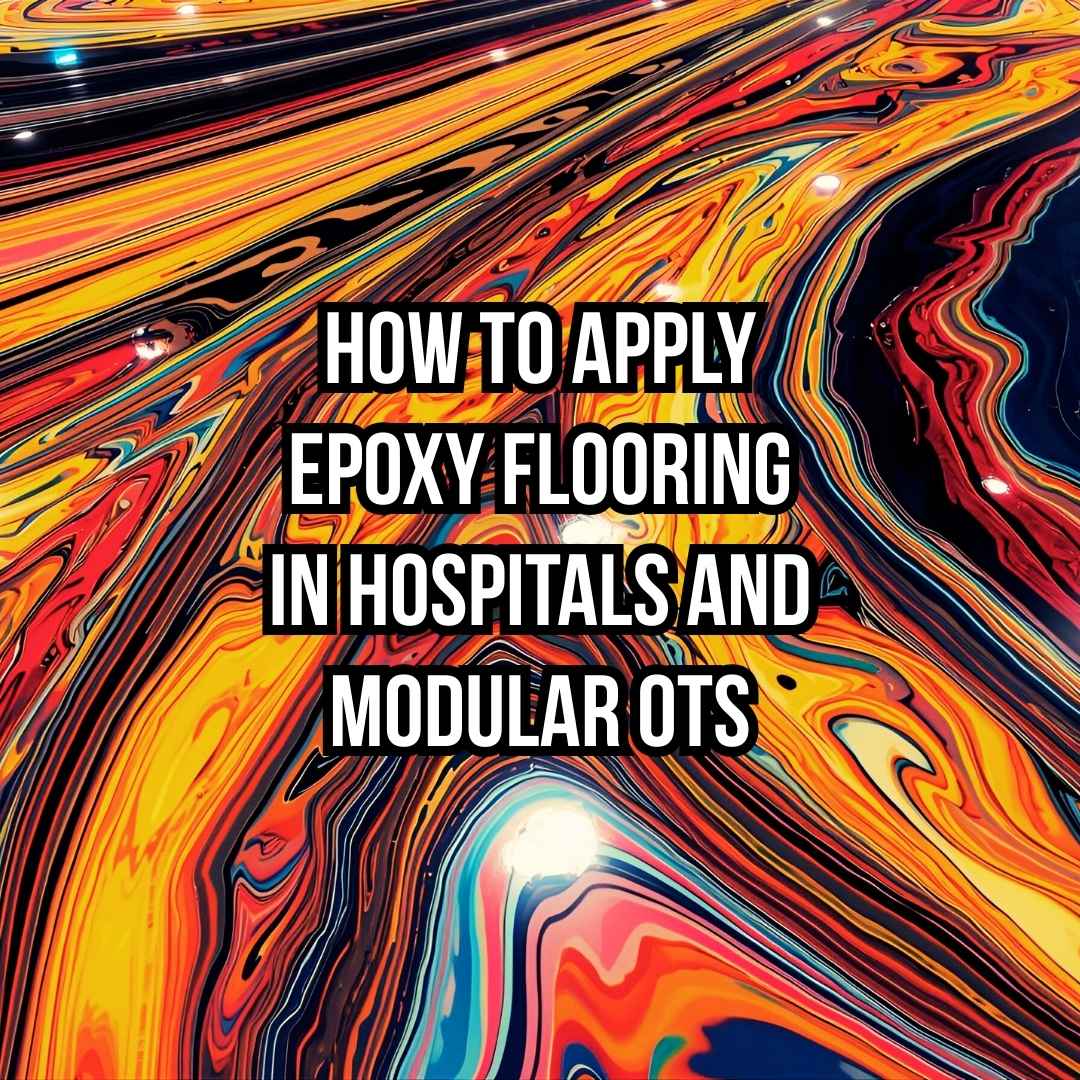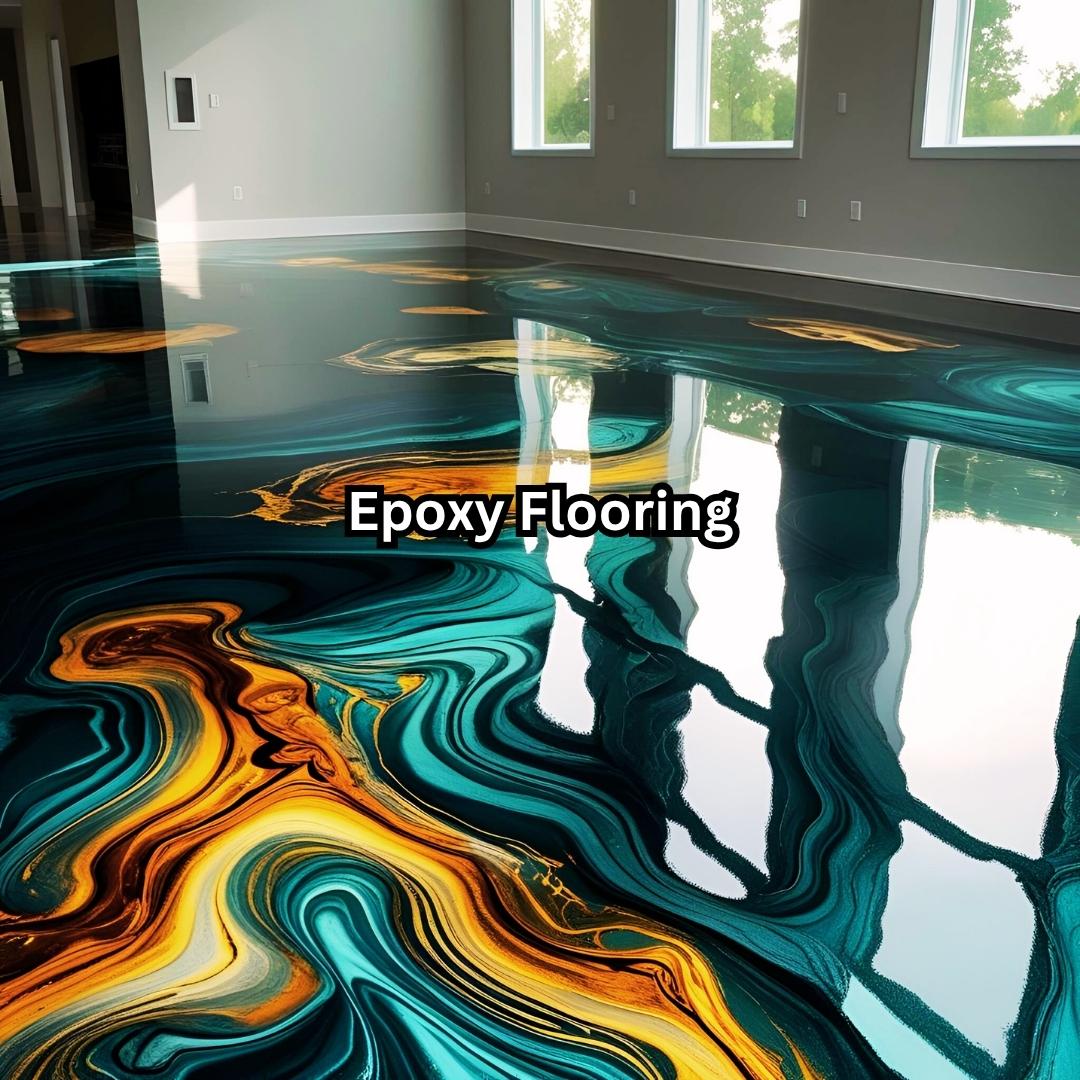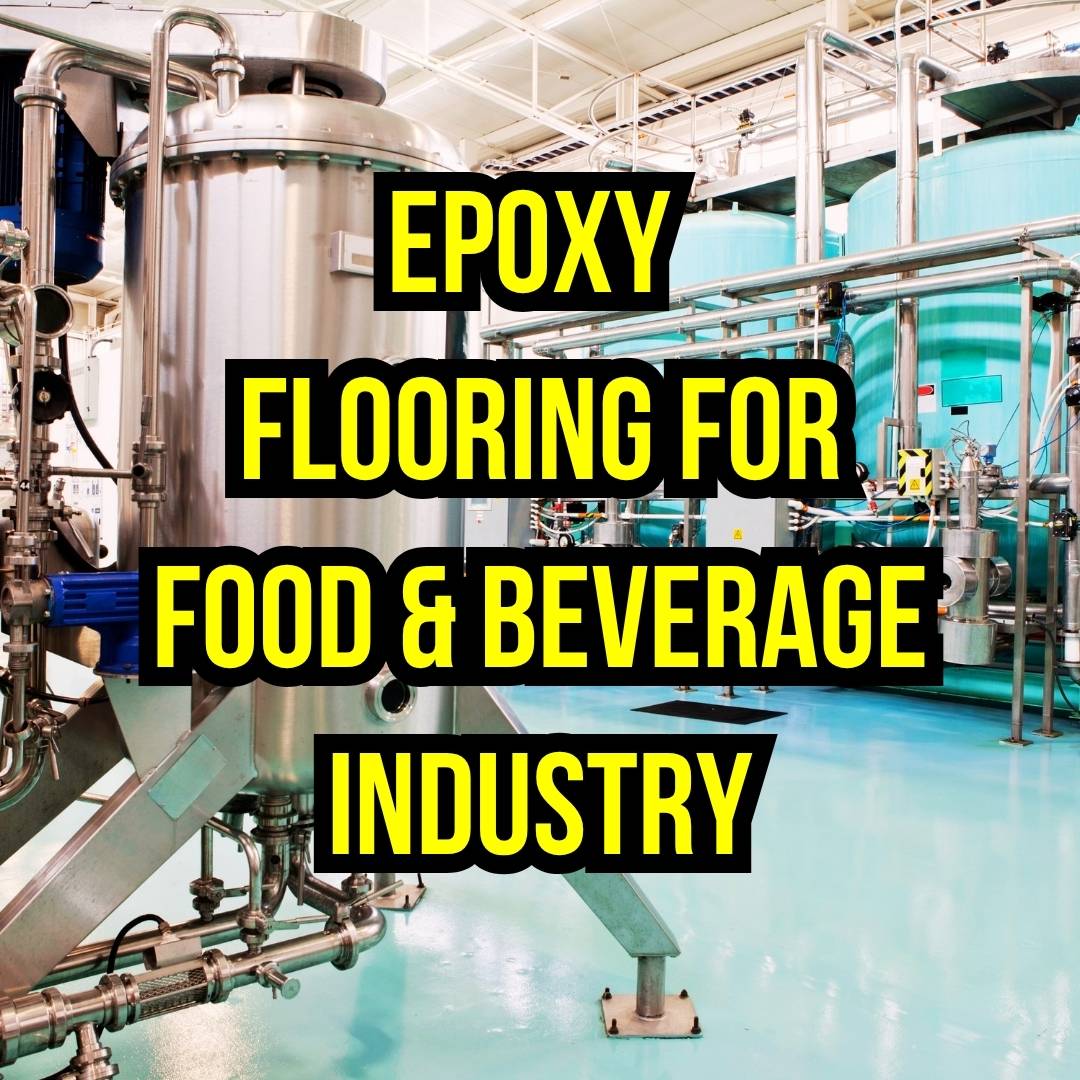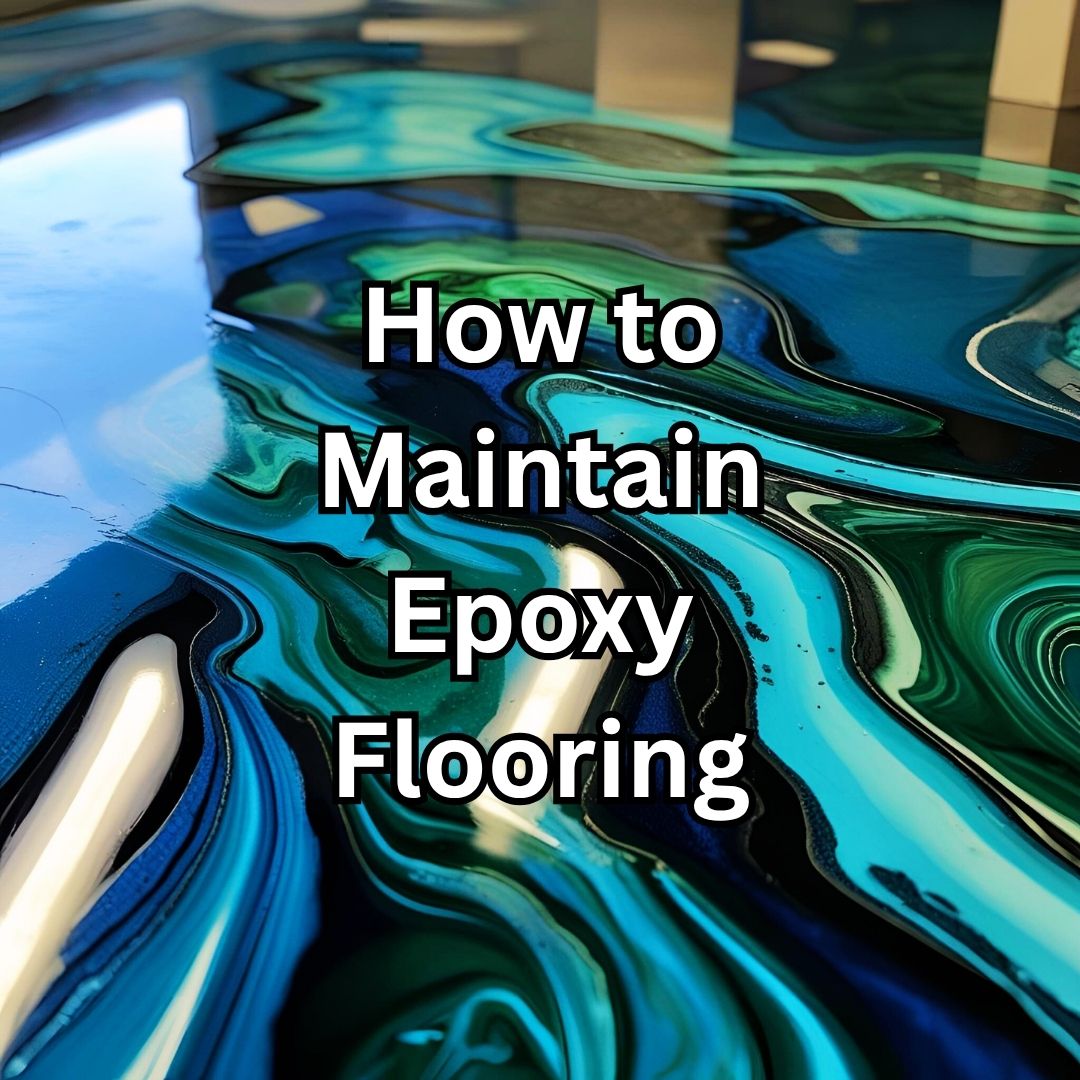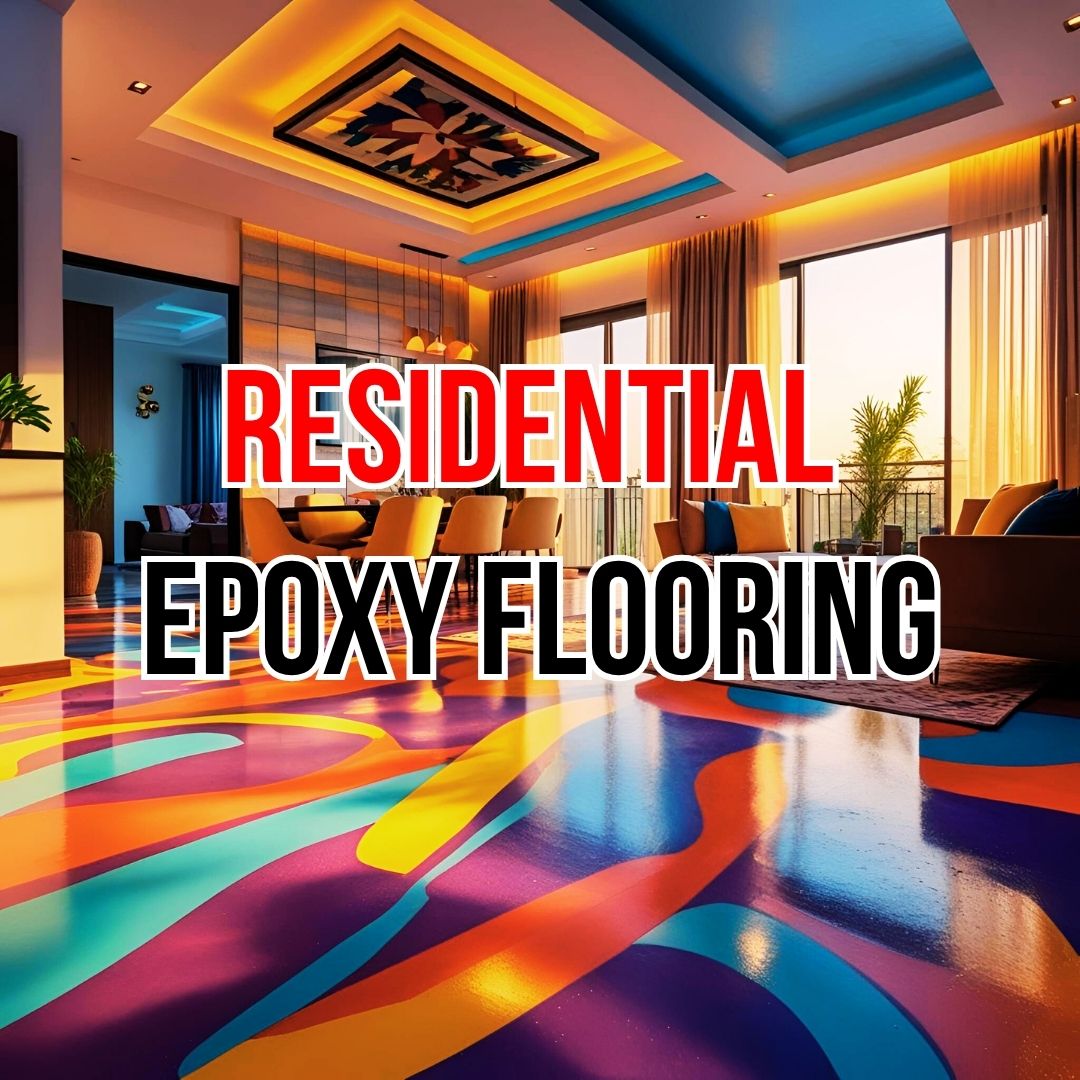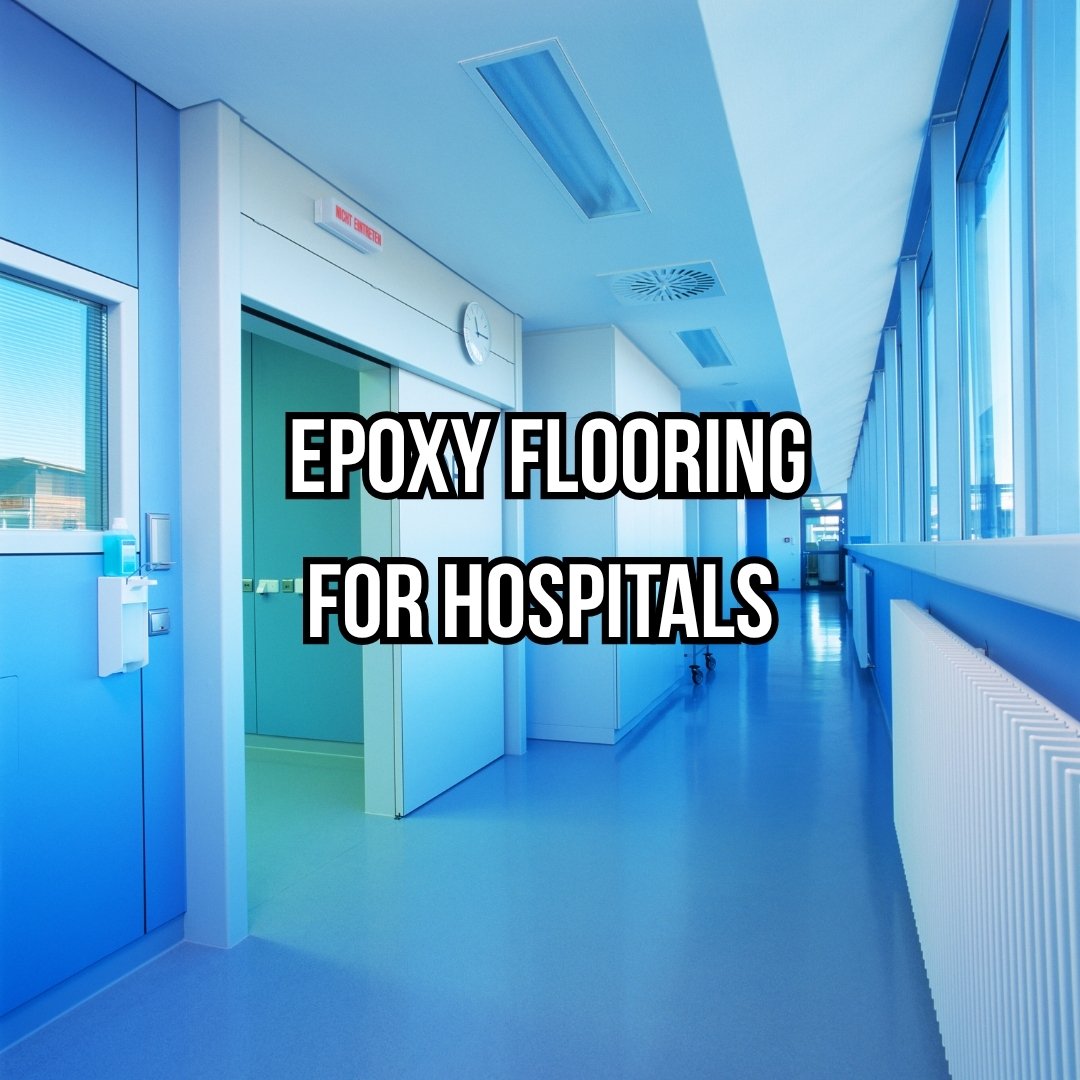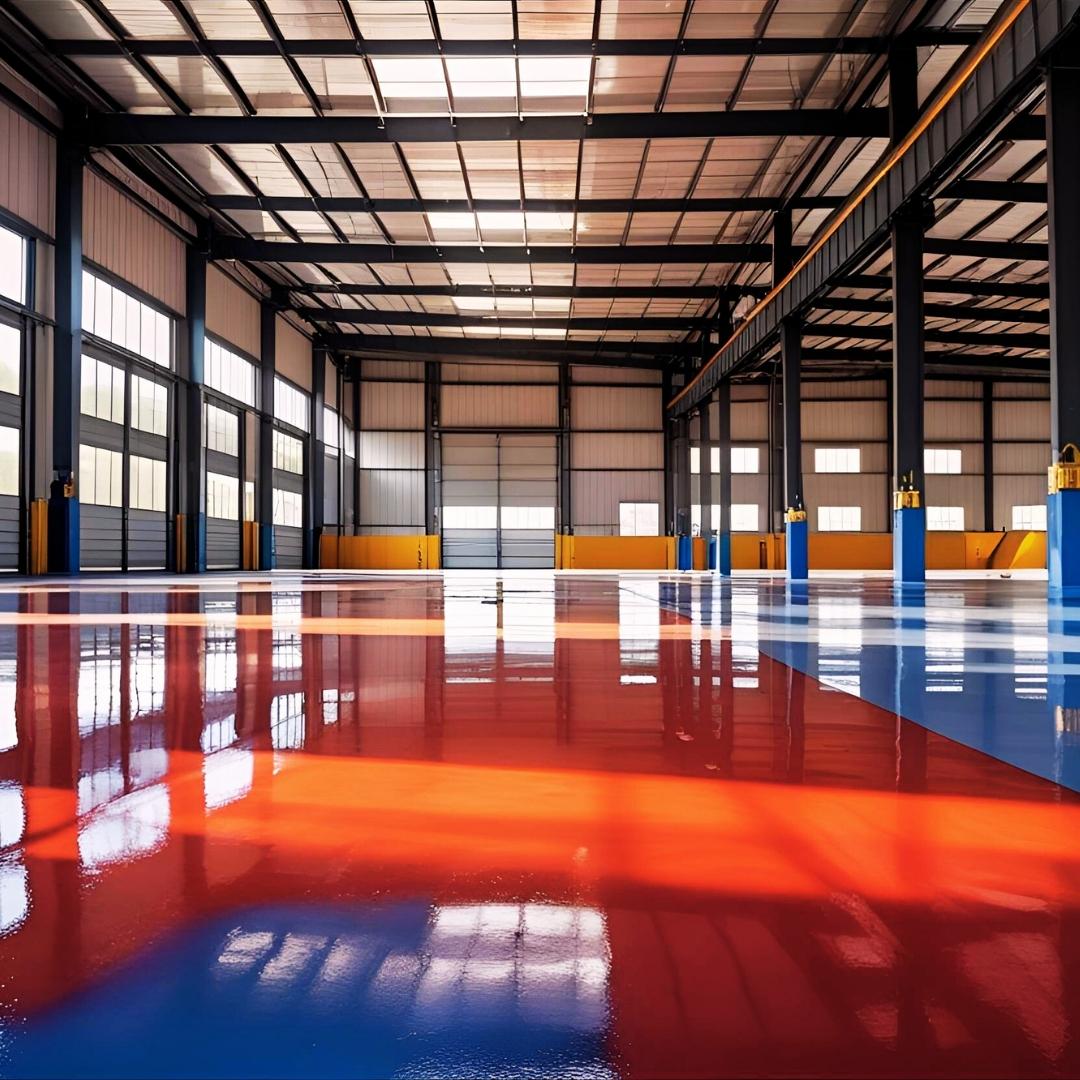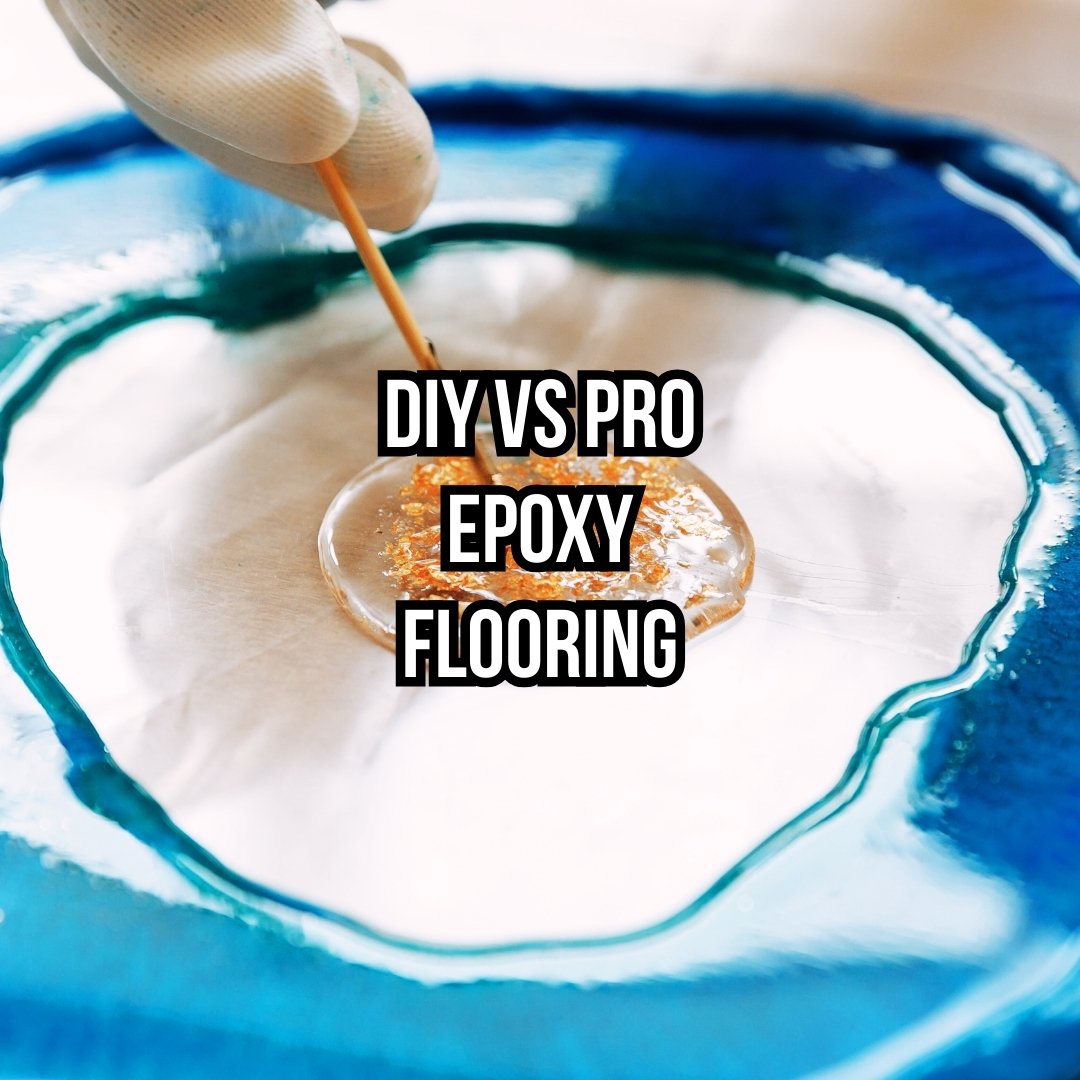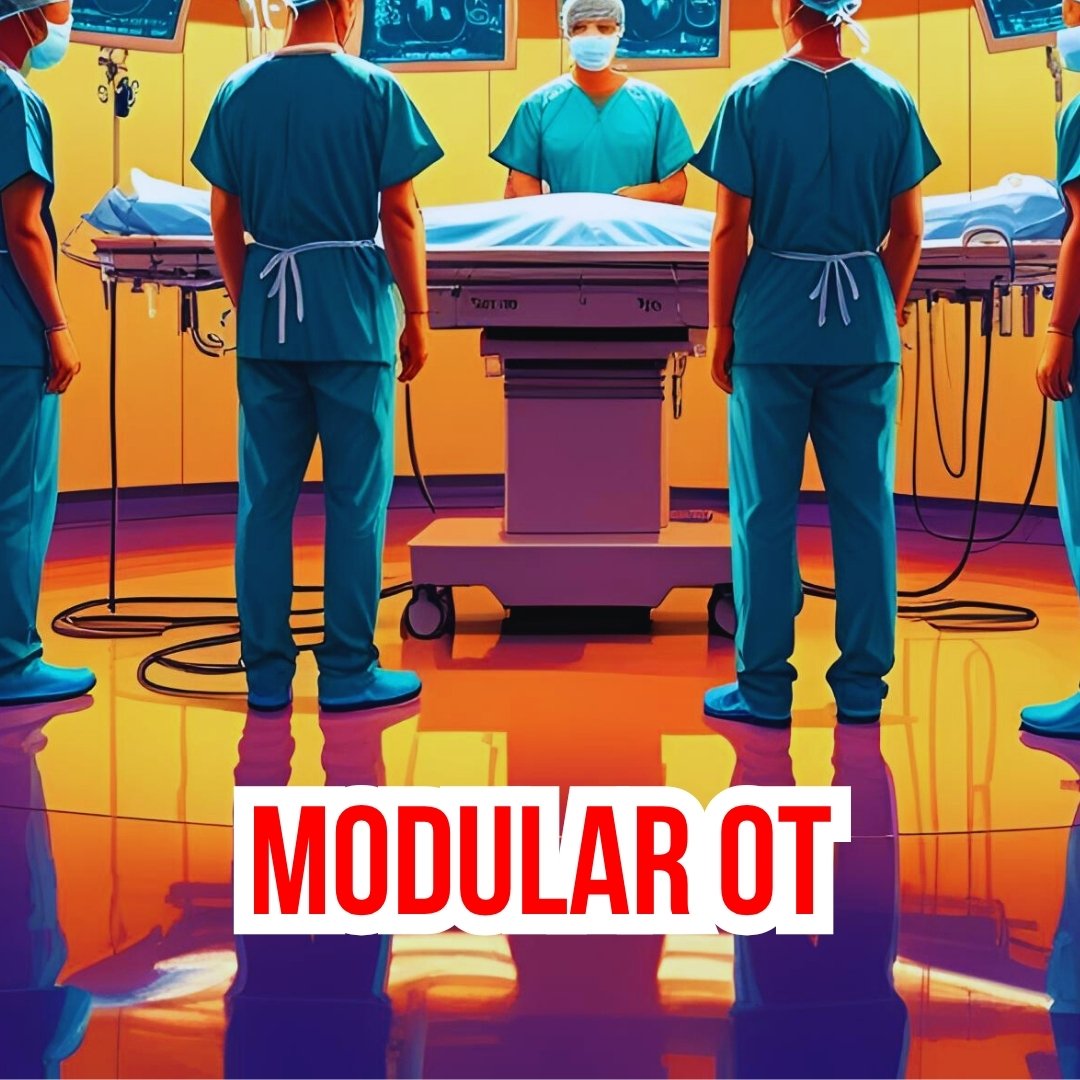
In the bustling city of Ahmedabad, where industrial hubs like Changodar and Vatva thrive with pharmaceutical and healthcare innovations, maintaining precision and hygiene in IVF labs is non-negotiable. As an expert with years of experience in flooring solutions for critical infrastructure, I’ve seen how the right flooring can make or break a lab’s operations. Epoxy flooring emerges as a top choice for these spaces, offering a seamless blend of durability, cleanliness, and aesthetics.
IVF labs demand environments free from contaminants, where even the slightest dust particle can affect outcomes. Here in Gujarat’s commercial heart, facilities in areas like Naroda and Sarkhej are increasingly adopting epoxy resin flooring to meet stringent standards. This article dives deep into why epoxy flooring materials are ideal for IVF labs, how they’re installed, cost factors, and more. If you’re a lab manager or consultant in Ahmedabad, read on to discover how this solution can elevate your setup.
What Is Epoxy Flooring and Why It Matters for IVF Labs
Epoxy flooring is a robust, resin-based system applied as a liquid that hardens into a solid, glossy surface. It’s made from epoxy resins mixed with hardeners, creating a chemical-resistant layer that’s perfect for high-stakes environments. Unlike traditional tiles, which can harbour cracks and grout lines, epoxy forms a monolithic surface—seamless and impermeable.
For IVF labs in Ahmedabad’s humid climate, where monsoon moisture can challenge hygiene, epoxy flooring materials provide an antimicrobial barrier. They resist bacterial growth, making them compliant with standards like NABH for healthcare floors and WHO-GMP for cleanrooms. Imagine a floor that not only withstands daily chemical spills but also maintains a sterile zone for embryo culturing—this is what epoxy delivers.
In practical terms, epoxy flooring involves layers: a primer for adhesion, a body coat for thickness, and a topcoat for UV protection and shine. This buildup ensures longevity, often lasting 10-15 years with proper care. If you’re wondering about epoxy flooring near me in localities like Bodakdev or Thaltej, our team at Epoxy Vinyl Flooring specialises in custom installations tailored to local needs.
Key Benefits of Epoxy Flooring for Precision in IVF Procedures
Precision in IVF labs isn’t just about equipment; it’s about the entire ecosystem, including the floor beneath your feet. Epoxy flooring excels here by offering unmatched stability. Its self-levelling property creates a perfectly flat surface, essential for sensitive machinery like incubators and microscopes that require vibration-free bases.
Hygiene tops the list of benefits. Epoxy’s non-porous nature prevents moisture absorption, reducing mould risks in Ahmedabad’s variable weather. This is crucial for labs in industrial zones like Moraiya or Bavla, where airborne pollutants from nearby pharma units could infiltrate. Plus, it’s easy to clean— a simple mop with mild disinfectants keeps it spotless, aligning with NABL guidelines for lab environments.
Durability is another standout. Epoxy withstands heavy foot traffic, equipment movement, and chemical exposures common in IVF processes, such as media solutions or cleaning agents. In comparison to tiles, which might chip or crack, epoxy remains intact, minimising downtime. For IVF centres in Satellite or Prahladnagar, this means fewer disruptions during critical cycles.
Aesthetically, epoxy flooring design options are versatile. You can choose matte finishes for anti-slip in wet areas or glossy for a modern look. Colours can match lab themes, enhancing the professional ambiance. Clients often ask about sustainability—epoxy uses low-VOC materials, making it eco-friendly for Gujarat’s growing green initiatives.
- Antimicrobial Properties: Inhibits bacteria and fungi, vital for embryo safety.
- Chemical Resistance: Handles spills without degradation.
- Thermal Stability: Maintains integrity in controlled lab temperatures.
- Customisation: Tailored thickness from 1mm to 5mm based on lab needs.
Backed by AUM Industries, we bring technical expertise and end-to-end flooring execution services tailored for Ahmedabad’s industries and homes. For more on our approach, check our about page.
The Installation Process: How Epoxy Flooring Is Done Step by Step
Installing epoxy flooring in an IVF lab requires precision to avoid contaminating ongoing operations. The process typically spans 3-5 days, depending on the area size, and starts with site assessment.
First, surface preparation is key. We grind or shot-blast the existing concrete to remove imperfections, ensuring a clean base. In Ahmedabad’s older facilities in areas like Maninagar or Paldi, this step addresses uneven substrates from years of use.
Next, apply the primer coat to seal pores and enhance bonding. This is followed by the main epoxy layer, mixed on-site for freshness. Self-levelling compounds are poured and spread evenly, curing over 24 hours.
The topcoat adds protection against UV and wear. For IVF labs, we incorporate anti-static additives if needed, preventing electrostatic discharge that could harm delicate electronics.
Post-installation, a 48-hour curing period allows full hardening. Our team conducts quality checks, ensuring compliance with BIS standards for industrial-grade materials.
- Site Survey: Measure and inspect the area.
- Preparation: Clean and repair substrate.
- Priming: Apply base layer.
- Application: Pour and level epoxy mix.
- Finishing: Add topcoat and cure.
- Inspection: Test for seams and adhesion.
If you’re planning a lab upgrade in Chandkheda or Gota, contact us for a free quote to discuss your timeline.
Epoxy Flooring Cost: What to Expect in Ahmedabad
Budgeting for epoxy flooring in IVF labs involves several factors, but it’s a worthwhile investment for long-term savings. In Ahmedabad, epoxy flooring price per sq ft ranges from ₹150 to ₹300, varying with material quality, thickness, and site specifics.
For a standard 2mm epoxy system in a 500 sq ft lab, costs might total ₹75,000 to ₹1,50,000. Premium antimicrobial grades for cleanrooms push it higher, but they reduce maintenance expenses over time. Compared to tiles, which cost ₹100-₹200 per sq ft but require frequent replacements, epoxy offers better value.
Local factors influence pricing—installations in remote industrial areas like Dholka or Santej may add logistics costs, while central spots like SG Highway benefit from easier access. Always factor in warranties; ours cover 5-10 years.
To get an accurate epoxy flooring cost estimate tailored to your IVF setup, reach out via WhatsApp at +91-9274313580.
Comparing Epoxy Flooring vs Vinyl Flooring for Lab Applications
While epoxy shines in IVF labs, vinyl flooring is another option worth considering, especially for adjacent areas like waiting rooms. Vinyl flooring sheets provide flexibility and quick installation, but how do they stack up?
Epoxy outperforms in chemical resistance and durability, lasting longer under lab stresses. Vinyl, however, is softer underfoot and easier to replace sections if damaged. For warehouses in Vatva or Naroda GIDC, vinyl flooring for warehouses offers cushioning for heavy loads, but in sterile IVF zones, epoxy’s seamlessness wins.
Cost-wise, vinyl flooring rate per sq ft is ₹100-₹250, slightly lower, but it may not meet the same hygiene levels without additional treatments. In Ahmedabad’s pharma-heavy zones like Changodar, where companies like Intas Pharmaceuticals operate, epoxy aligns better with USFDA and MHRA standards.
If your facility combines lab and storage spaces, a hybrid approach—epoxy for core areas and vinyl for peripherals—could be ideal. Explore our vinyl flooring options for more details.
Maintenance Tips for Long-Lasting Epoxy Floors in IVF Labs
Keeping epoxy floors in top shape is straightforward, ensuring they last 10+ years. Daily sweeping removes dust, while weekly mopping with pH-neutral cleaners prevents buildup.
Avoid abrasive tools; soft brushes suffice for stubborn spots. In Ahmedabad’s dusty industrial belts like Odhav or Kathwada, quarterly deep cleans with specialised solutions maintain gloss.
Watch for signs of wear, like dulling, and apply a refresher coat every 5 years. This proactive approach minimises risks in high-precision IVF work.
For expert advice, see our guide on maintaining epoxy floors.
Real-World Applications: Epoxy Flooring in Ahmedabad’s IVF and Pharma Landscape
Ahmedabad’s IVF sector is booming, with centres in Bopal and Vastrapur seeking advanced infrastructure. We’ve installed epoxy in labs near Torrent Pharmaceuticals in Bhat, where seamless floors support R&D precision.
In Naroda, home to Claris Lifesciences, epoxy flooring materials have transformed cleanrooms, reducing contamination rates. Similarly, in Sarkhej’s Zydus Cadila facilities, our solutions ensure compliance and efficiency.
These projects highlight how epoxy adapts to local challenges, like high humidity in monsoon-prone areas.
Compliance and Certifications: Meeting Standards in Gujarat
Epoxy flooring for IVF labs must adhere to rigorous norms. We’re ISO 9001:2015 certified, ensuring quality. For hospitals, NABH accreditation demands hygienic surfaces—epoxy delivers.
In pharma cleanrooms, WHO-GMP compliance is key; our materials resist particulates. External resources like the NABH website provide standards details, while BIS guidelines cover material safety.
As part of AUM Industries, we align with these for turnkey solutions. Visit AUM Industries for our parent company’s expertise.
FAQs on Epoxy Flooring for IVF Labs in Ahmedabad
What is epoxy flooring, and is it suitable for IVF labs?
Epoxy flooring is a durable resin system that creates a seamless, hygienic surface. Yes, it’s ideal for IVF labs due to its antimicrobial properties and ease of sterilisation, helping maintain controlled environments.
How long does epoxy flooring last in a high-traffic lab?
With proper maintenance, epoxy flooring lasts 10-15 years, even in busy IVF setups. Its resistance to wear makes it reliable for daily use.
What is the cost of epoxy flooring per square foot in Ahmedabad?
Epoxy flooring price per sq ft in Ahmedabad ranges from ₹150 to ₹300, depending on thickness and additives. Factors like lab size and location influence the final quote.
Is epoxy flooring better than tiles for IVF labs?
Epoxy is superior for hygiene, as it lacks grout lines that trap dirt. While tiles are cheaper initially, epoxy’s longevity and low maintenance make it better for precision labs.
How to install epoxy flooring without disrupting lab operations?
Installation is phased, often done in sections over weekends. Our team minimises downtime, completing most projects in 3-5 days with dust-control measures.
Where can I find epoxy flooring near me in Ahmedabad areas like Vatva or Changodar?
We’re based on Sarkhej-Gandhinagar Highway, serving Vatva, Changodar, and beyond. Contact us for site visits in these industrial hubs.
What are the pros and cons of epoxy flooring for homes vs labs?
For homes, pros include aesthetics and durability; cons are higher upfront costs. In labs, hygiene pros outweigh minor curing time cons.
Conclusion: Elevate Your IVF Lab with Expert Epoxy Flooring
Choosing epoxy flooring for your IVF lab in Ahmedabad ensures precision, hygiene, and compliance, setting the stage for successful outcomes. From Changodar’s pharma clusters to residential upgrades in Ambawadi, this solution adapts seamlessly.
At Epoxy Vinyl Flooring, powered by AUM Industries, we’re committed to delivering top-tier installations. Ready to transform your space? Contact Amit Kumar Shrivastav at amit@aumindustriesmfg.com or +91-9274313580. Visit us at World Trade Tower, A-617, Sarkhej-Gandhinagar Hwy, Makarba, Ahmedabad, Gujarat 380051, India.
For inquiries, head to our contact page.

